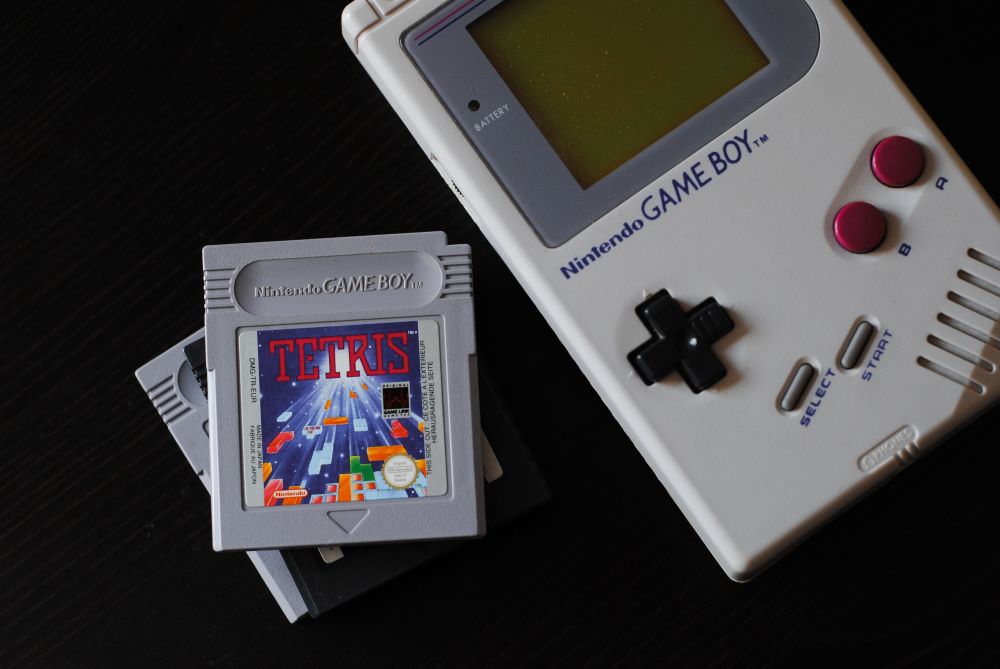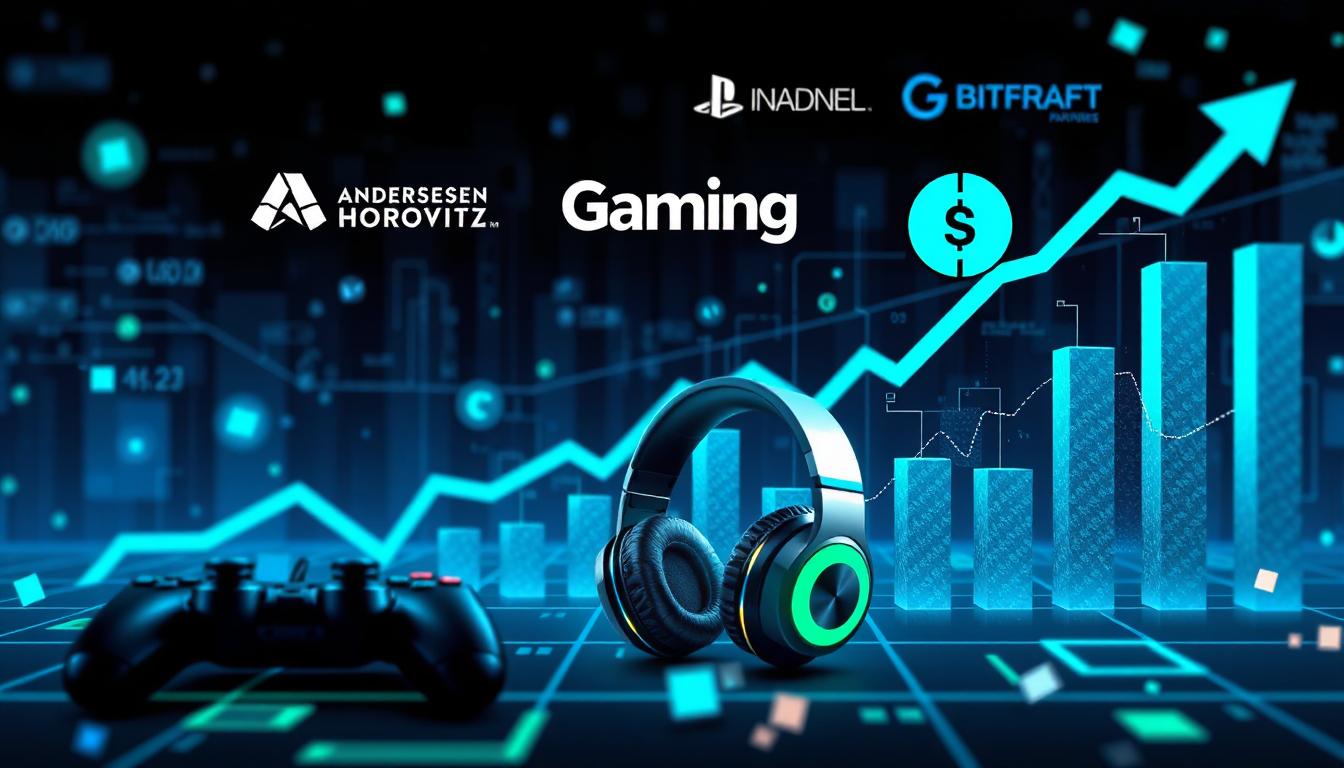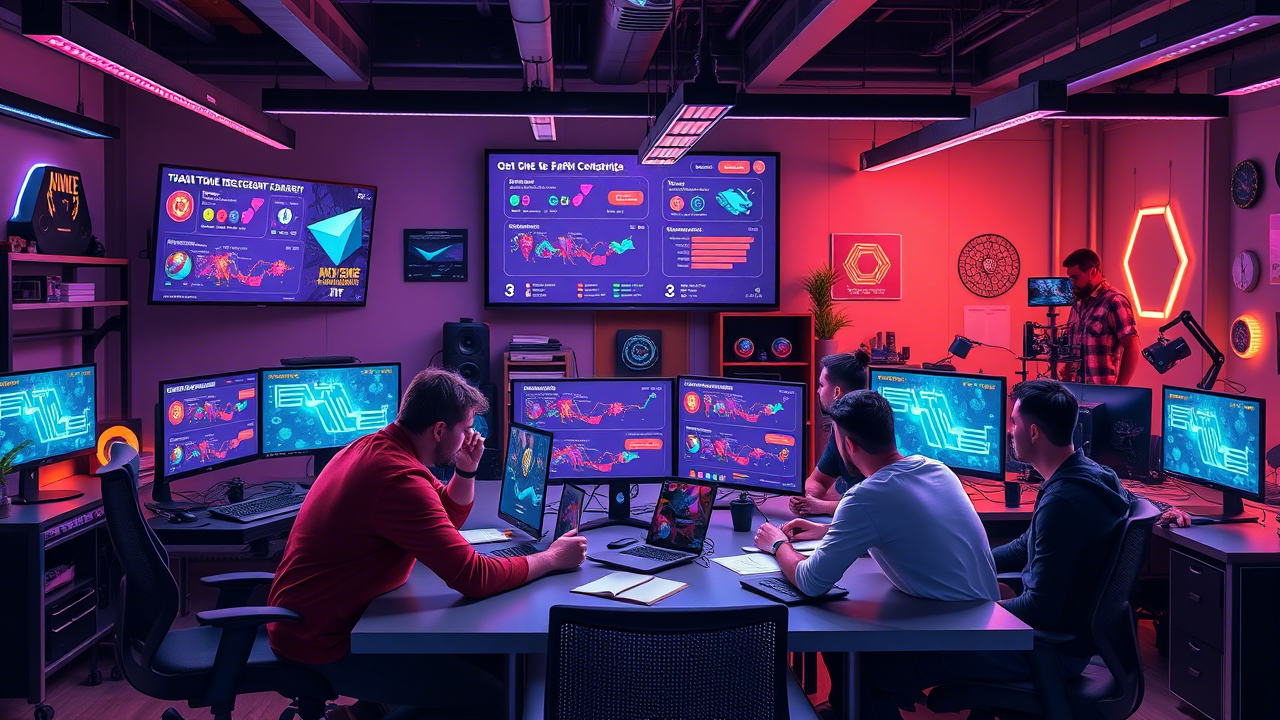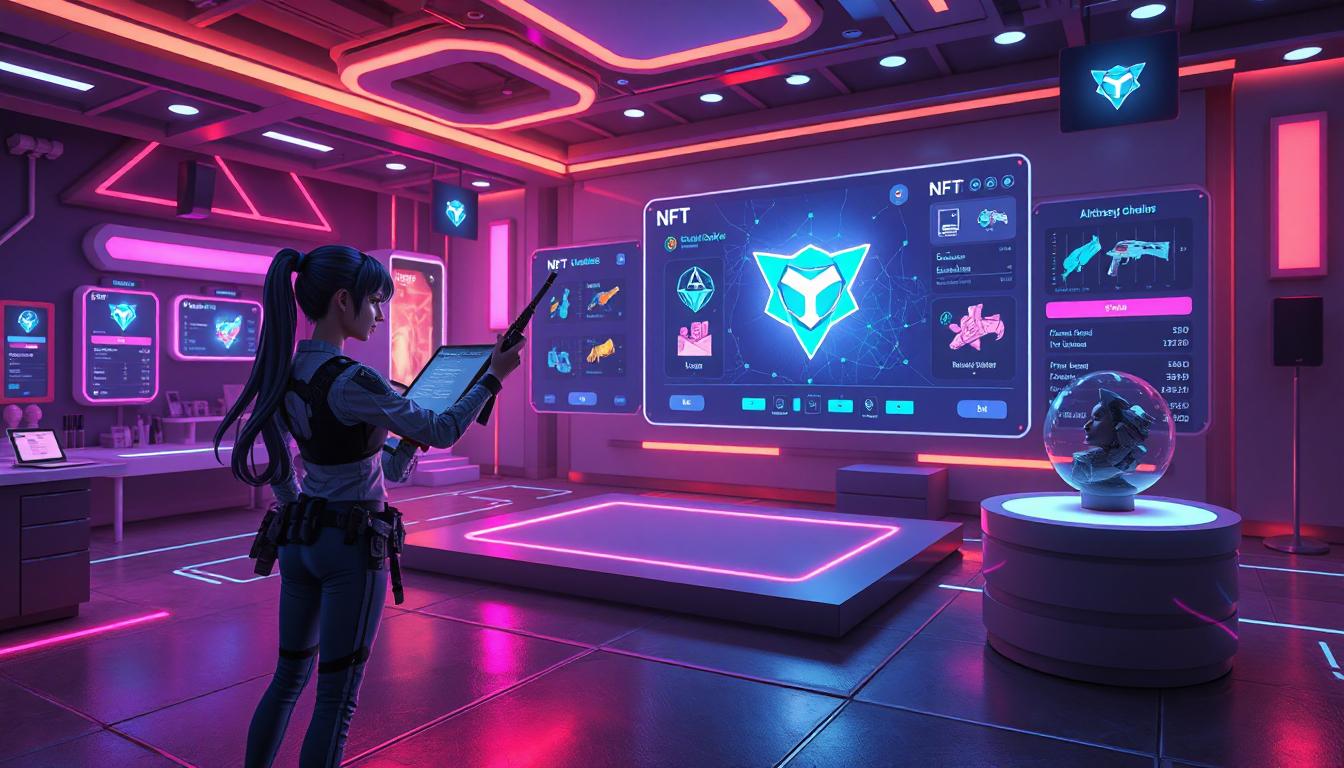The gaming industry has come a long way from its 8-bit beginnings. Today’s games are sprawling worlds, brimming with intricate systems and lifelike characters. One of the driving forces behind this evolution? Artificial Intelligence (AI). Let’s dive deep into how AI has woven itself into the fabric of the gaming world and continues to redefine the industry.
1. Advanced NPC Behaviors:
In the early days, non-player characters (NPCs) followed very basic scripts. Today, with AI, NPCs can respond to player actions in real-time, have day and night cycles, and even simulate emotions. Games like “Red Dead Redemption 2” have NPCs that remember player interactions and react accordingly, offering a dynamic and immersive experience.
2. Procedural Content Generation:
No Man’s Sky, a game developed by Hello Games, features over 18 quintillion planets, each with its unique ecosystem – a feat made possible by procedural content generation powered by AI. This method uses algorithms to create vast and varied in-game content, freeing up developers and offering players a unique experience each time.
3. Dynamic Difficulty Adjustment:
AI allows games to understand player behavior and adapt accordingly. This means if a player is struggling with a particular level, the game might subtly reduce the difficulty, or vice versa, ensuring a balanced and engaging experience. Games like “Resident Evil 4” are known to use such techniques to maintain player engagement.
4. Real-time Strategy and Decision Making:
Games in the strategy genre, like “StarCraft II”, benefit immensely from AI. They simulate complex opponents, each with a different strategy, providing a challenge for even the most seasoned players. AI-driven decisions in these games make every match unpredictable and fresh.
For more on this topic, check out the following articles
5. AI in Game Testing:
Traditionally, games required hours of human playtesting to find bugs and glitches. Now, AI can simulate thousands of gameplay hours rapidly, uncovering issues that might take humans much longer to detect. This not only speeds up the development process but also leads to a more polished final product.
6. Personalized Gaming Experience:
With the help of machine learning, games can learn a player’s style and preferences, tailoring the gameplay experience accordingly. For instance, AI can analyze which in-game content a player prefers and modify the game environment in real-time.
7. Enhancing VR and AR Experiences:
Virtual Reality (VR) and Augmented Reality (AR) games are rising in popularity. AI plays a pivotal role here, enhancing immersion by making virtual entities more interactive and responsive. Whether it’s facial recognition in VR chat rooms or interactive AR elements in mobile games, AI is at the forefront.
8. Training Ground for AI Research:
Beyond enhancing gameplay, the gaming industry serves as a lab for AI research. OpenAI’s “Dota 2” bot and DeepMind’s StarCraft II AI are prime examples. These projects help improve AI’s decision-making capacities in complex environments.
9. Ethical Considerations:
With the integration of AI, ethical considerations come into play. Issues like AI-driven microtransactions and dynamic pricing models need to be addressed. The industry is grappling with ensuring that AI enhances the gaming experience without compromising ethics.




